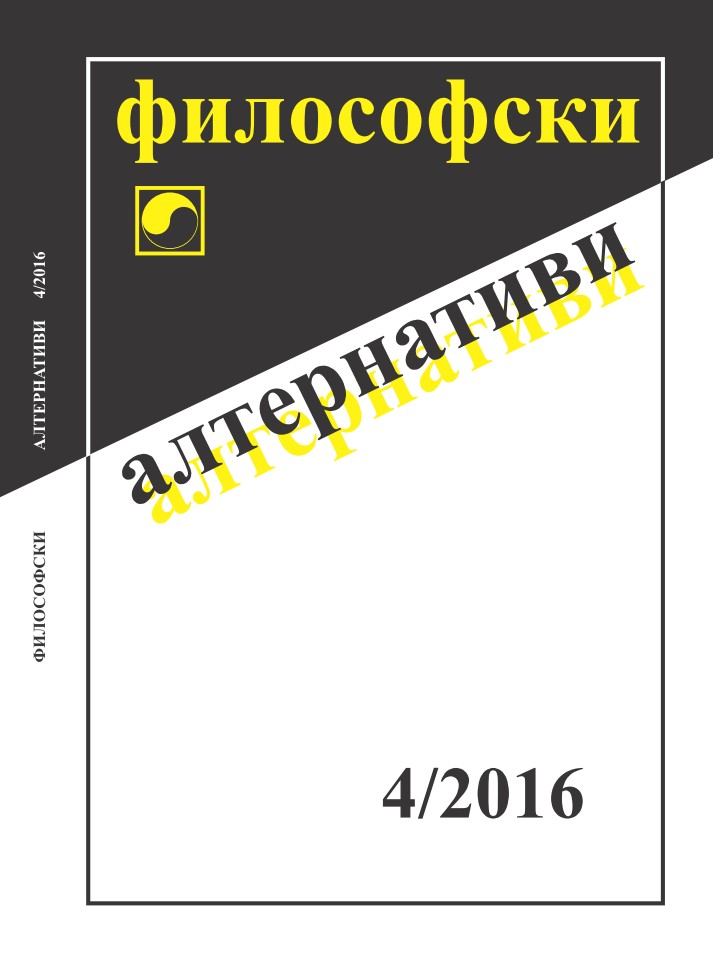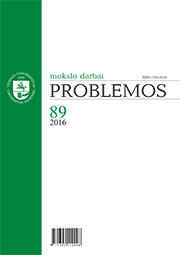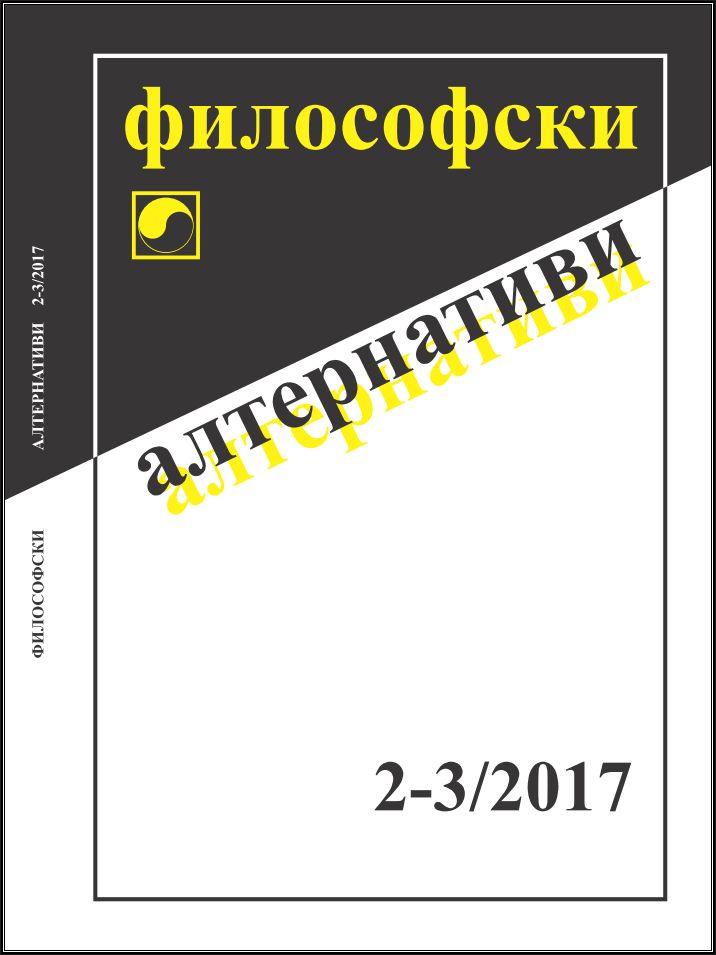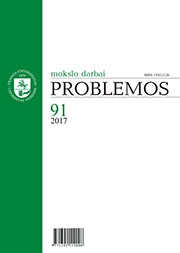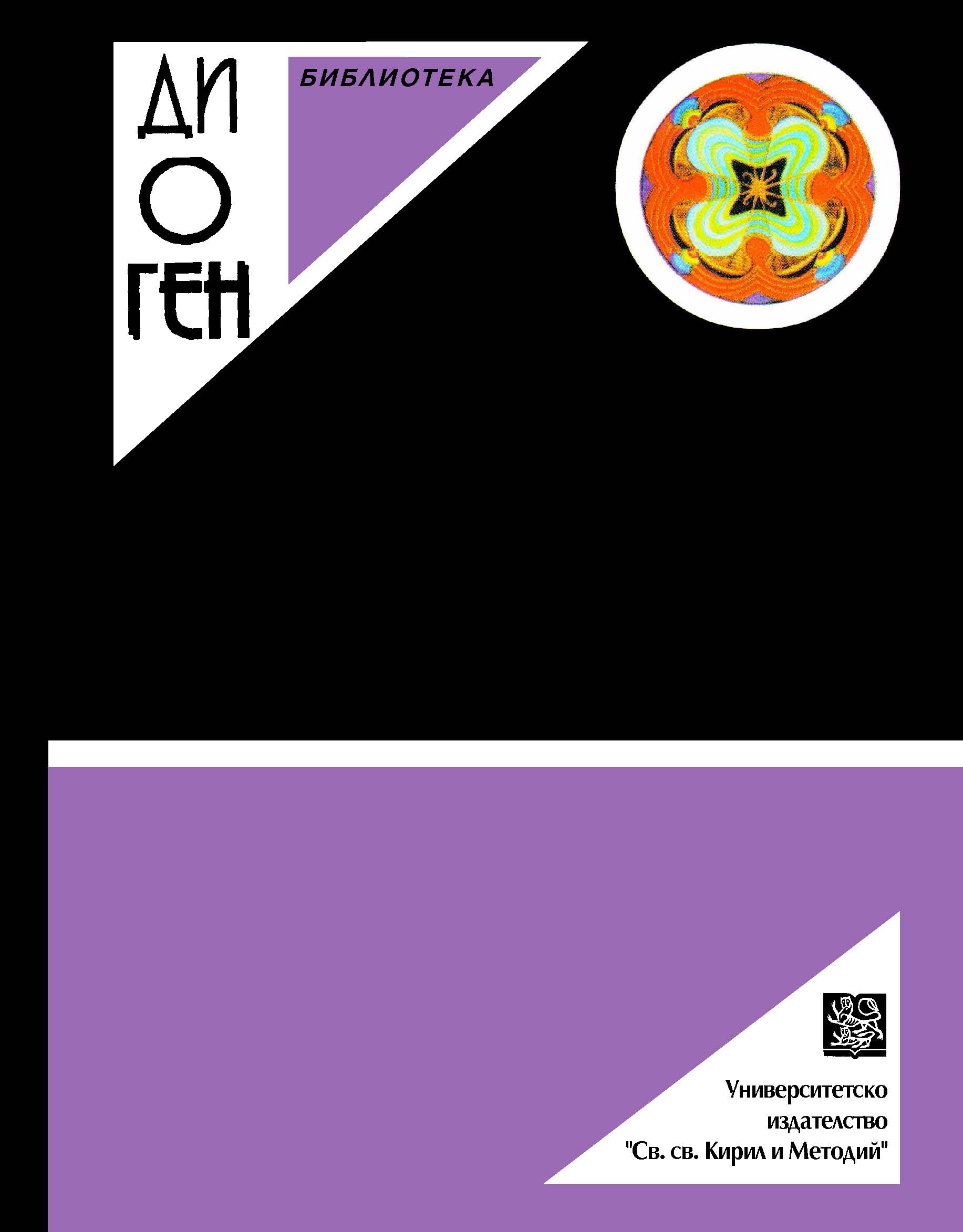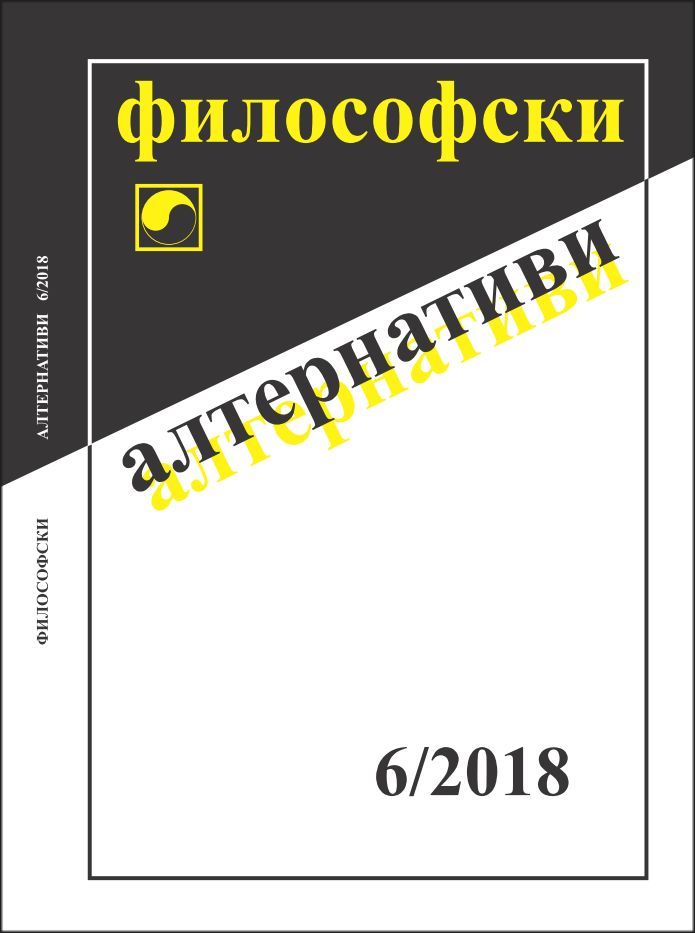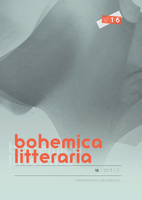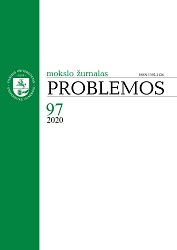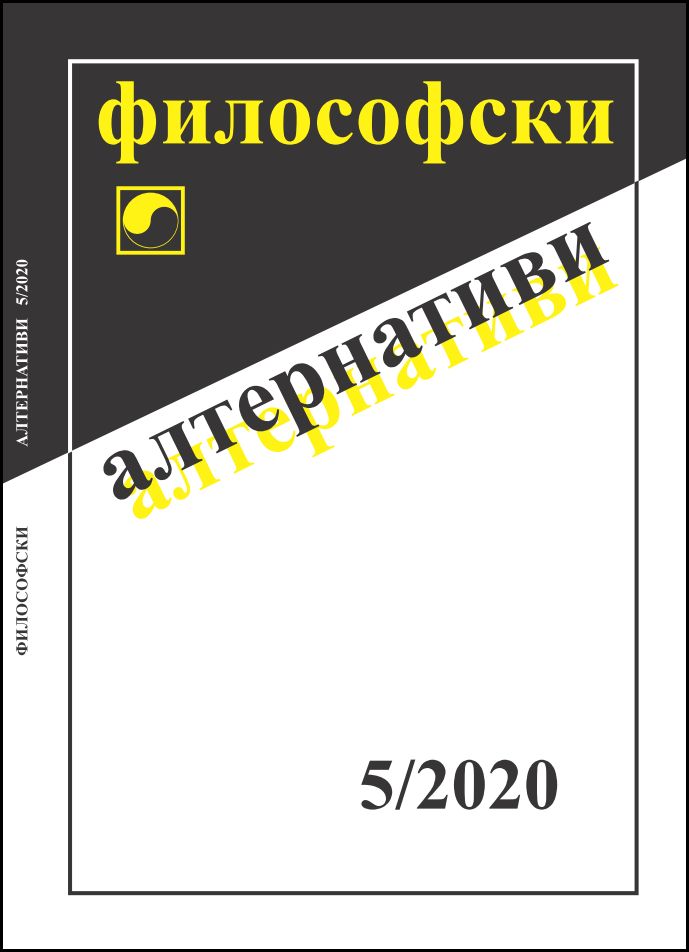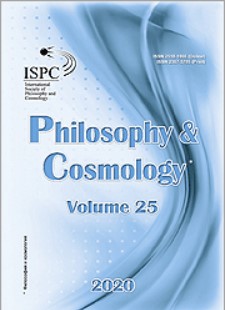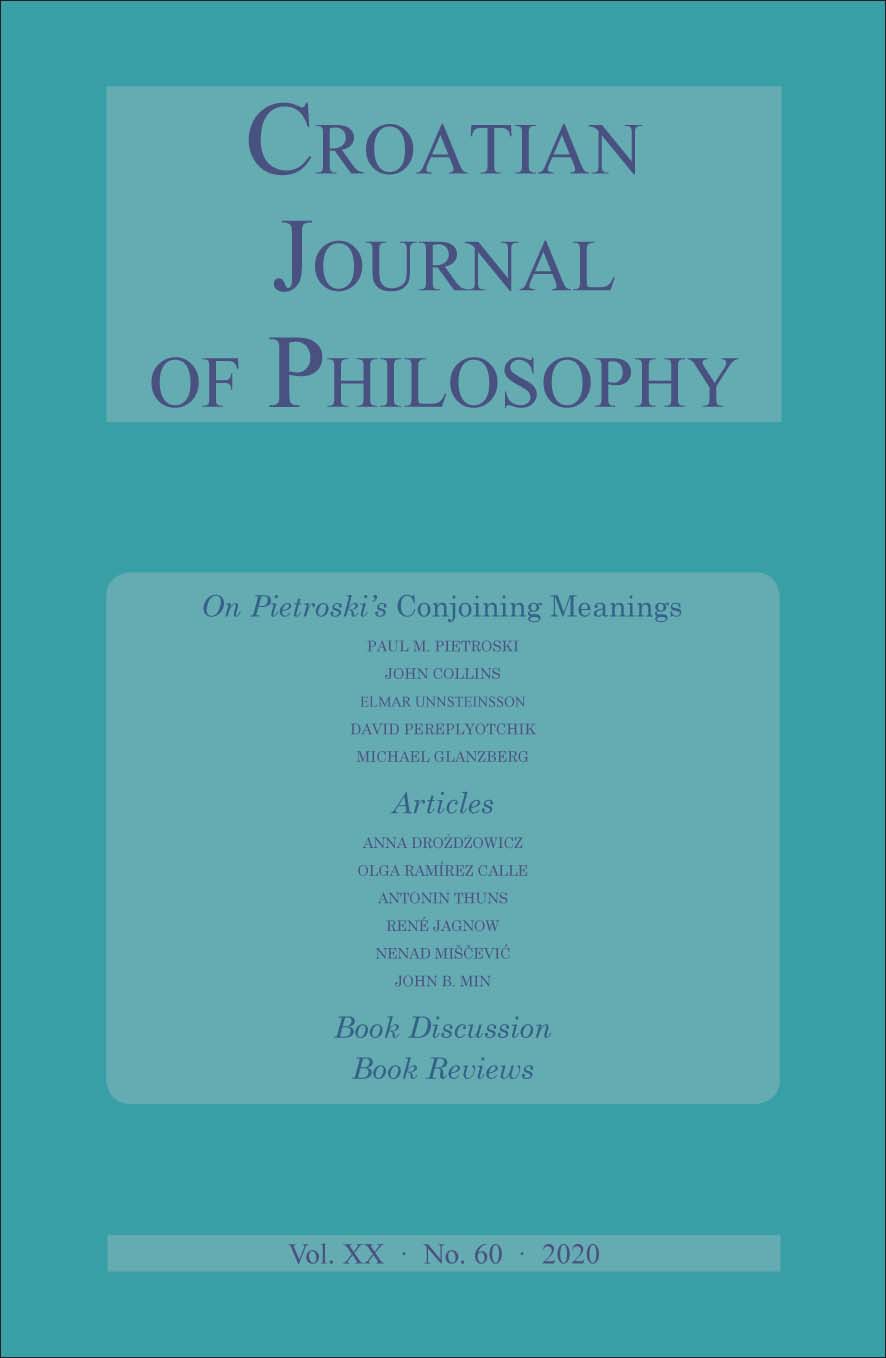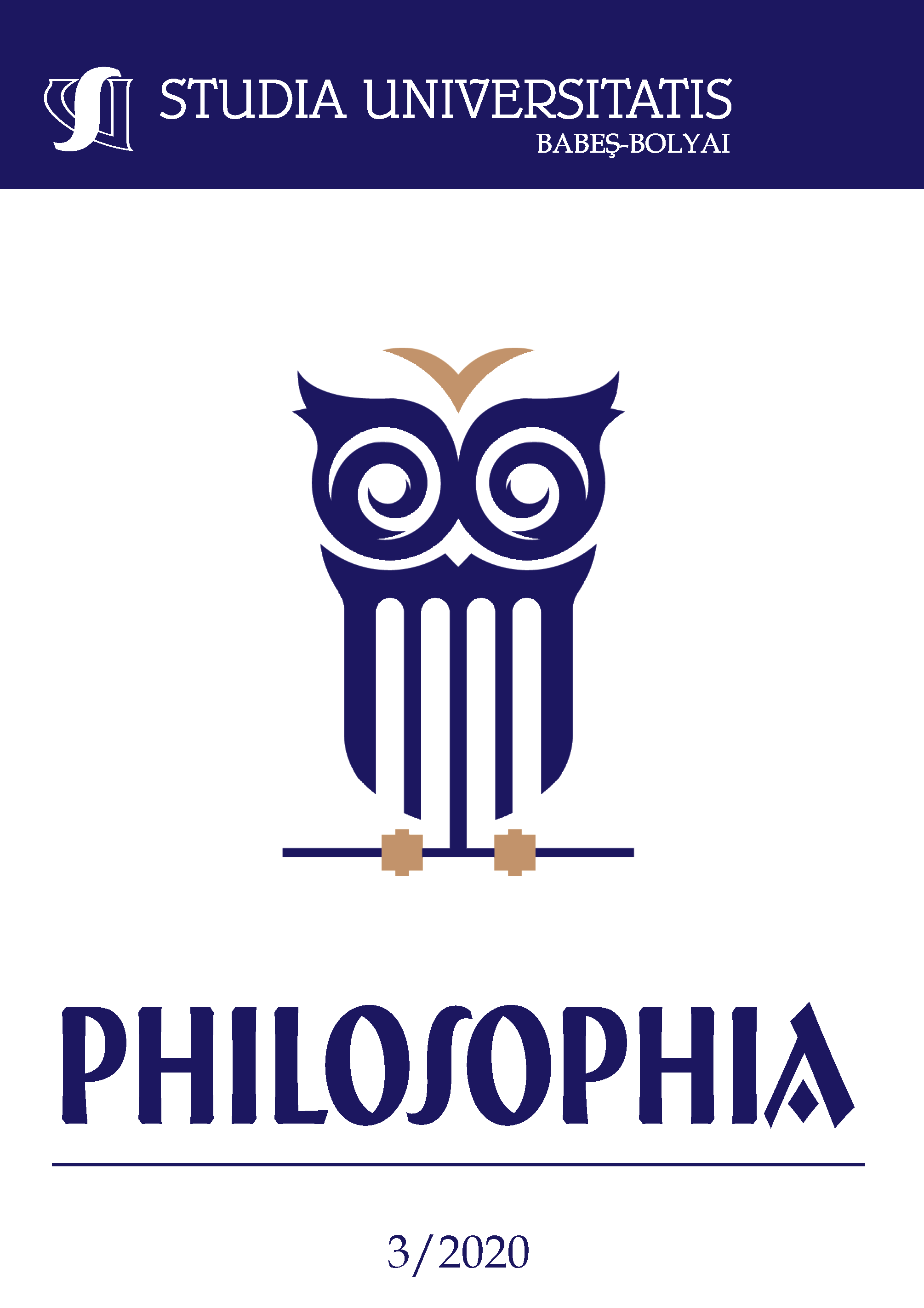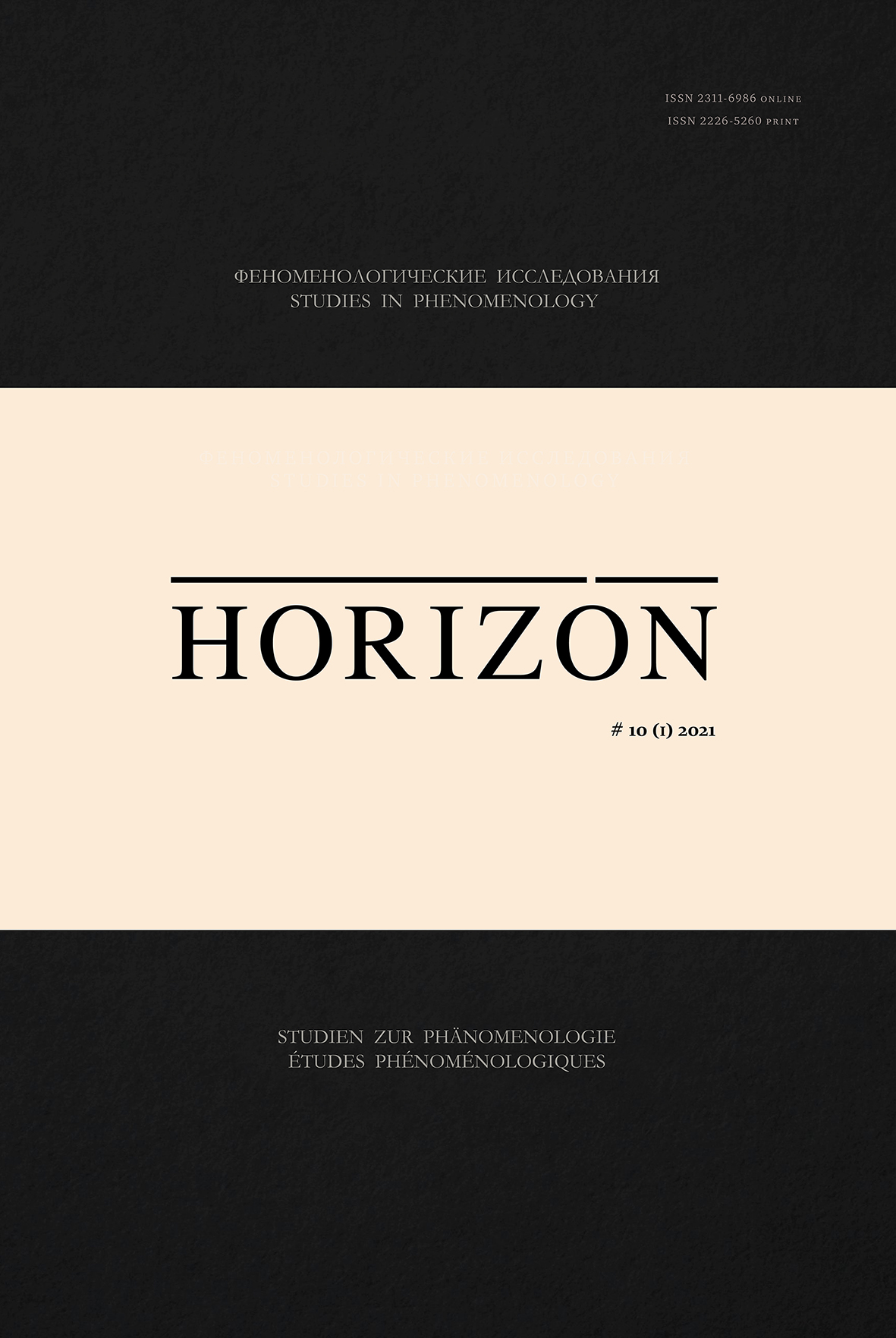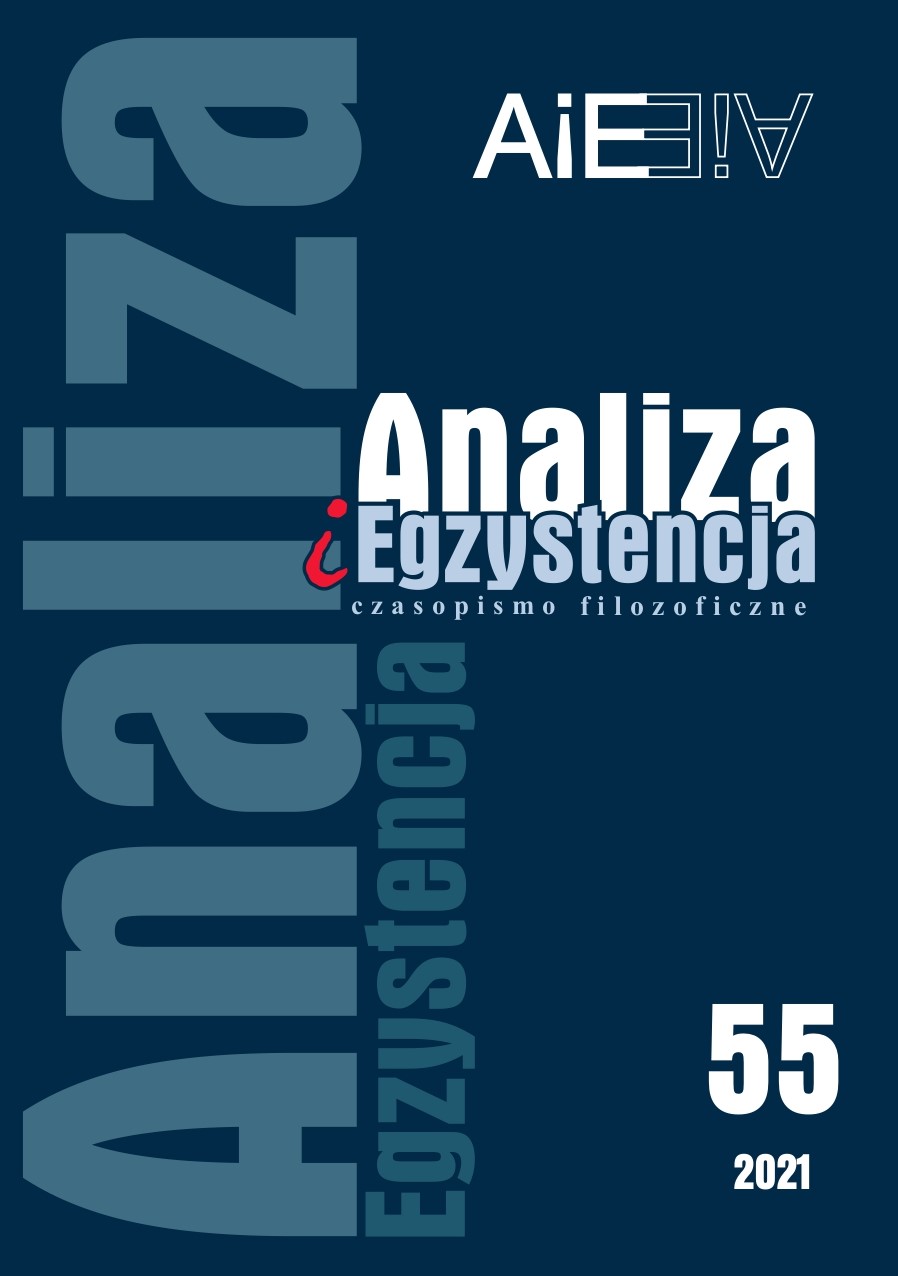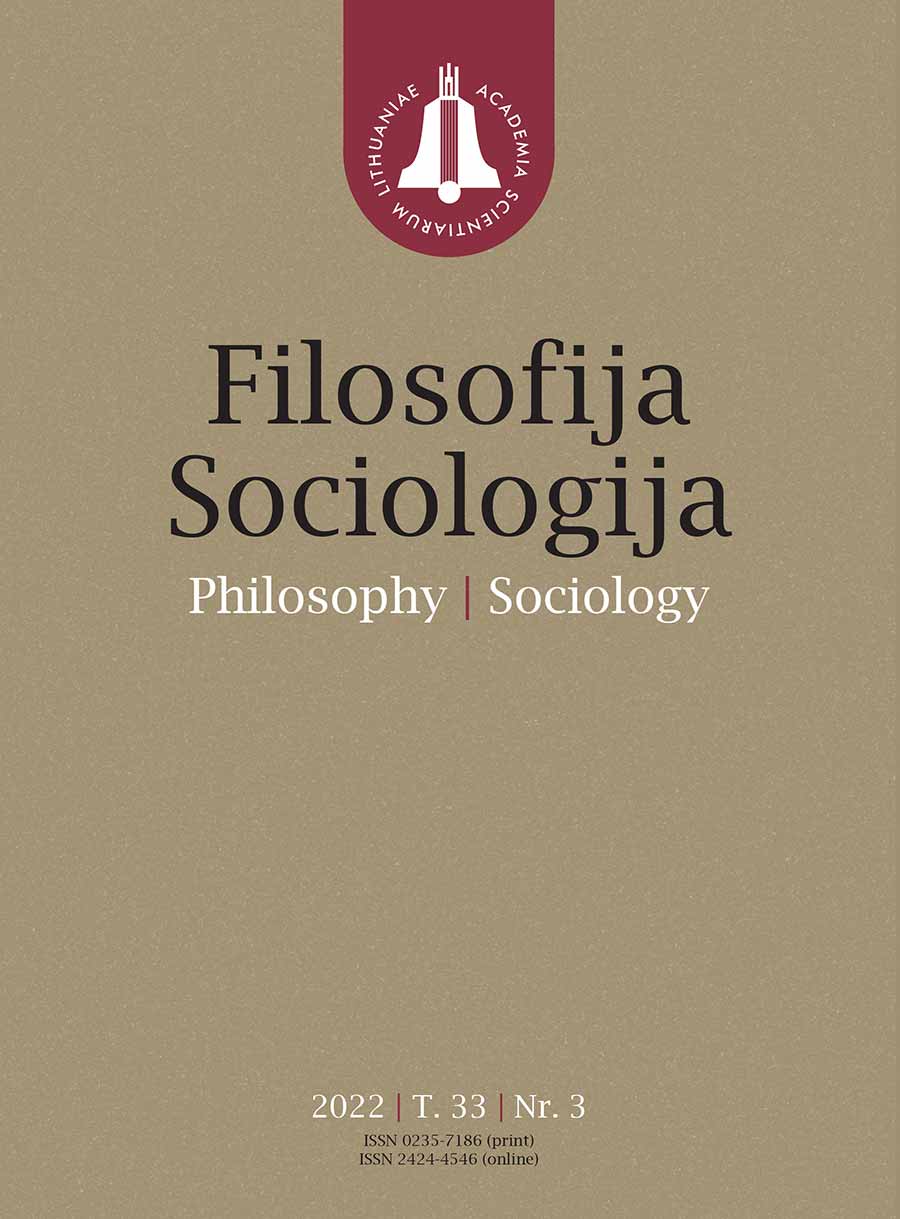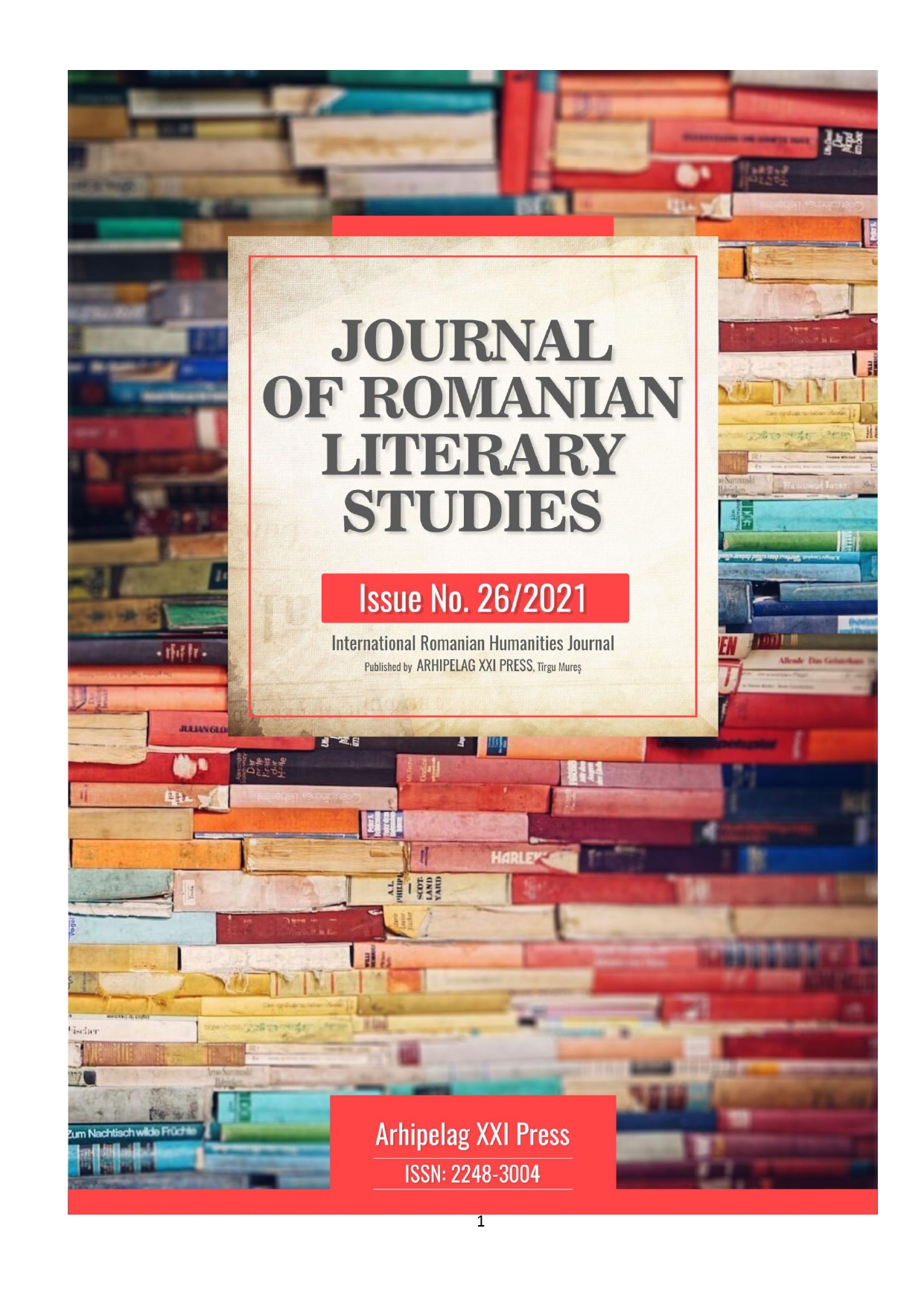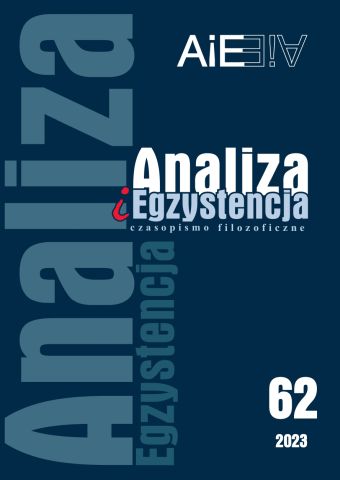EMPIRIZMO DOGMŲ KRITIKA: UŽMOJAI IR RIBOS
The article looks into the recent history of the repudiation of the so-called dogmas of traditional empiricism, starting with “Two Dogmas of Empiricism”, a celebrated paper by Willard V. O. Quine. Quine initiated, but was not to bring to an end, the whole enterprise of debunking and rejecting the untenable dogmas. A few decades later, Donald Davidson found the dualism of the conceptual scheme and empirical content at work in Quine’s own philosophy and labelled it “the third, and perhaps the last,” dogma of empiricism. It was not the last, however. John McDowell, the author of Mind and World, criticized Davidson for succumbing to the dualism of reason and nature, a “dogma” which he claims to be the real source of the familiar dualisms of modern philosophy (surely including the empiricist tradition).
More...
